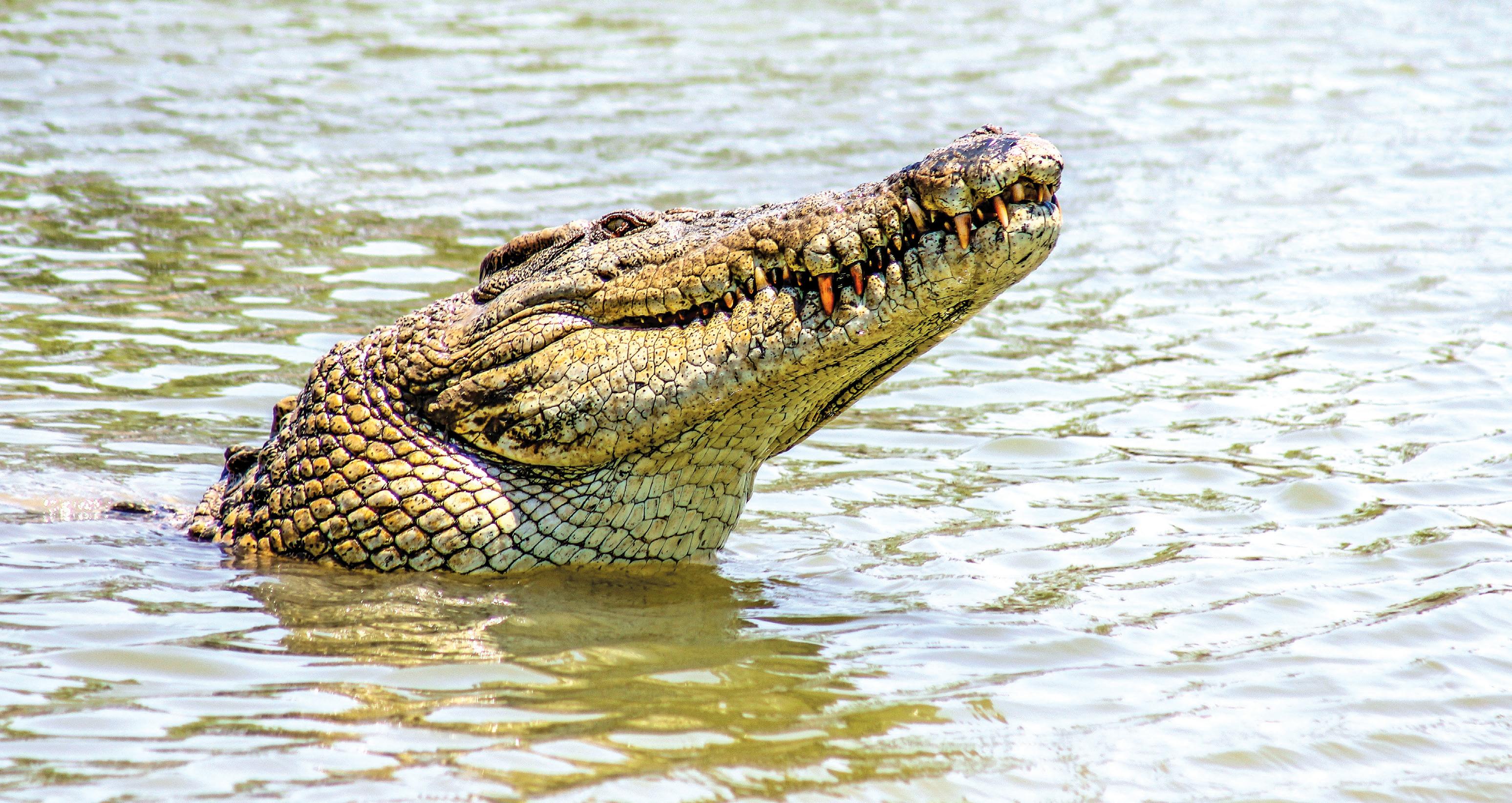
2 minute read
Crocodile removed in Coorumba
Department Of Environment And Science
WILDLIFE Officers from the Department of Environment and Science (DES) have removed an estuarine crocodile from a creek near Innisfail after it displayed bold behaviour towards the officers.
Advertisement
The 1.7-metre crocodile was removed from Fishers Creek in a section of water above a series of rapids near the Palmerston Highway at Coorumba.
On the evening of 16 March 2023, DES Wildlife Officers carried out a site inspection following a recent crocodile sighting report from a resident in the area. While wildlife officers were undertaking a boat survey of the creek, the crocodile rapidly approached the vessel. The crocodile's bold behaviour made it easy for wildlife officers to secure the reptile and bring it to shore.
Under the Queensland Crocodile Management Plan, Coorumba is located in Zone E (General Management
Zone), which means all crocodiles displaying dangerous behaviour are targeted for removal. Senior Wildlife Officer Dinouk Perera said Wildlife Officers also took the opportunity to share important Crocwise messaging with residents living close to the creek to reiterate the need to be mindful of crocodiles in Croc Country. "Fishers Creek is an unusual spot to find a saltwater crocodile, but it's not impossible for crocs to be found in the area," Mr Perera said.
"This is a timely reminder to expect crocodiles in all Croc Country waterways, even if there are no warning signs around." The crocodile was taken to a secure DES facility, where she will remain until a suitable home is found in a licensed crocodile farm or zoo.
Members of the public are encouraged to report all crocodile sightings as soon as possible by using the QWildlife App on their smartphones or by calling 1300 130 372. DES investigates all reports it receives.
The Innisfail region is well known Croc Country, there is a forward operating strategy and business plan in place for the terminals terminal operations will always prioritise sugar access pricing and access arrangements will continue to be on an equitable basis for all customers and people are reminded to always be Crocwise. In particular:
"The bottom line is these terminals have operated very well under QSL," Mr Menkens said.
"And the fact that QSL is an industry-owned, not-forprofit organisation has given growers confidence that these assets are being managed in the best interests of the industry.
"It is now up to STL to demonstrate to growers that they can do a similar or better job, possibly at a lower cost. But we have yet to be convinced of that.
"If there is a better operating model, then surely STL and QSL as two organisations that should be thinking in the best interests of the industry should resolve the situation in a professional manner.
"CANEGROWERS will continue to fight to ensure this issue resolved in an acceptable way as soon as possible."
• Expect crocodiles in ALL Cassowary Coast waterways even if there is no warning sign
• Obey all warning signs – they are there to keep you safe
• Be aware crocs also swim in the ocean and be extra cautious around water at night
• Stay well away from croc traps – that includes fishing and boating
• The smaller the vessel, the greater the risk, so avoid using canoes and kayaks
• Stand back from the water's edge when fishing, and don't wade in to retrieve a lure
• Camp at least 50 metres from the edge of the water
• Never leave food, fish scraps or bait near water, campsite or boat ramp
• Never provoke, harass or feed crocs.
• Always supervise children near the water and keep pets on a lead










